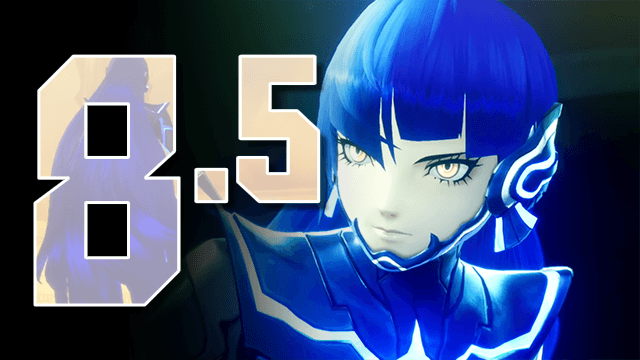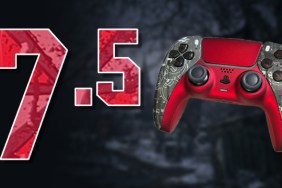Shin Megami Tensei 5 is finally here. Five years have passed since the last non-reboot entry in the series was released, and in that time, franchise spinoff Persona has gone from a cult hit to an international blockbuster. It was hard to figure out where Atlus would take SMT in a post-Persona 5 world. Would it take on…
-
Satisfying combat and negotiation systems.
-
Expansive environments.
-
Doesn't innovate over previous series entries.
-
Performance issues due to the Switch's weak hardware.











